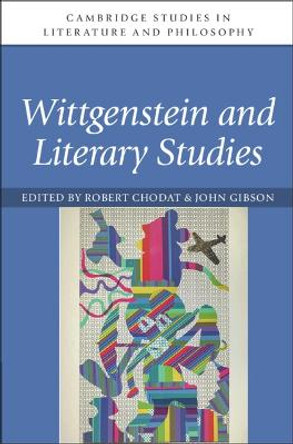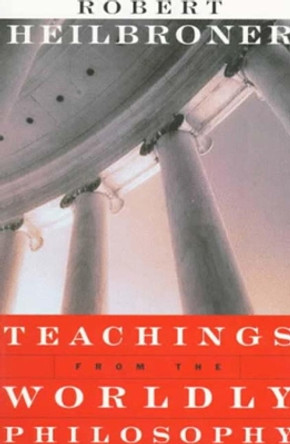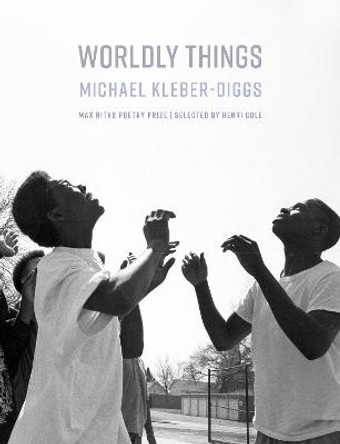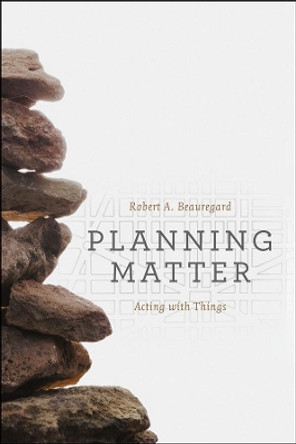Description
Ants, ghosts, cultures, thunderstorms, stock markets, robots, computers: this is just a partial list of the sentient things that have filled American literature over the last century. From modernism forward, writers have given life and voice to both the human and the nonhuman, and in the process addressed the motives, behaviors, and historical pressures that define lives-or things-both everyday and extraordinary.
In Worldly Acts and Sentient Things Robert Chodat exposes a major shortcoming in recent accounts of twentieth-century discourse. What is often seen as the "death" of agency is better described as the displacement of agency onto new and varied entities. Writers as diverse as Gertrude Stein, Saul Bellow, Ralph Ellison, and Don DeLillo are preoccupied with a cluster of related questions. Which entities are capable of believing something, saying something, desiring, hoping, hating, or doing? Which things, in turn, do we treat as worthy of our care, respect, and worship?
Drawing on a philosophical tradition exemplified by Ludwig Wittgenstein and Wilfrid Sellars, Chodat shows that the death of the Cartesian ego need not entail the elimination of purposeful action altogether. Agents do not dissolve or die away in modern thought and literature; they proliferate-some in human forms, some not. Chodat distinguishes two ideas of agency in particular. One locates purposes in embodied beings, "persons," the other in disembodied entities, "presences." Worldly Acts and Sentient Things is a an engaging blend of philosophy and literary theory for anyone interested in modern and contemporary literature, narrative studies, psychology, ethics, and cognitive science.
About the Author
Robert Chodat is Assistant Professor of English at Boston University.
Reviews
Intervening in debates about agency in modern thought, Robert Chodat argues that accounts of agency's dissolution in 20th-century literature and theory overlook agency's proliferation, its 'gradual displacement... onto new and varied forms.' Attuned to how language posits 'forms of life,' Chodat traces patterns of family resemblances in works by Gertrude Stein, Saul Bellow, Ralph Ellison, and Don DeLillo that ascribe sentience, even intention, to various entities, thereby expanding the sense of affective agency.... His unpolemical scholarship is primarily descriptive, not prescriptive. He favors ordinary-language accounts of agency but cogently describes complex systems-theoretical accounts confirming the relevance of autopoietics, the study of self-organizing systems, for 21st-century literary studies. Highly recommended.
* Choice *Book Information
ISBN 9780801446788
Author Robert A. Chodat
Format Hardback
Page Count 272
Imprint Cornell University Press
Publisher Cornell University Press
Weight(grams) 907g
Dimensions(mm) 229mm * 152mm * 25mm







